New Zealand's overflowing remand prisons are just one of the problems in our criminal justice system, says Sir Kim Workman.
"Anyone who goes into a remand prison knows the first day they get the bash and the second day you're asked to join a gang."
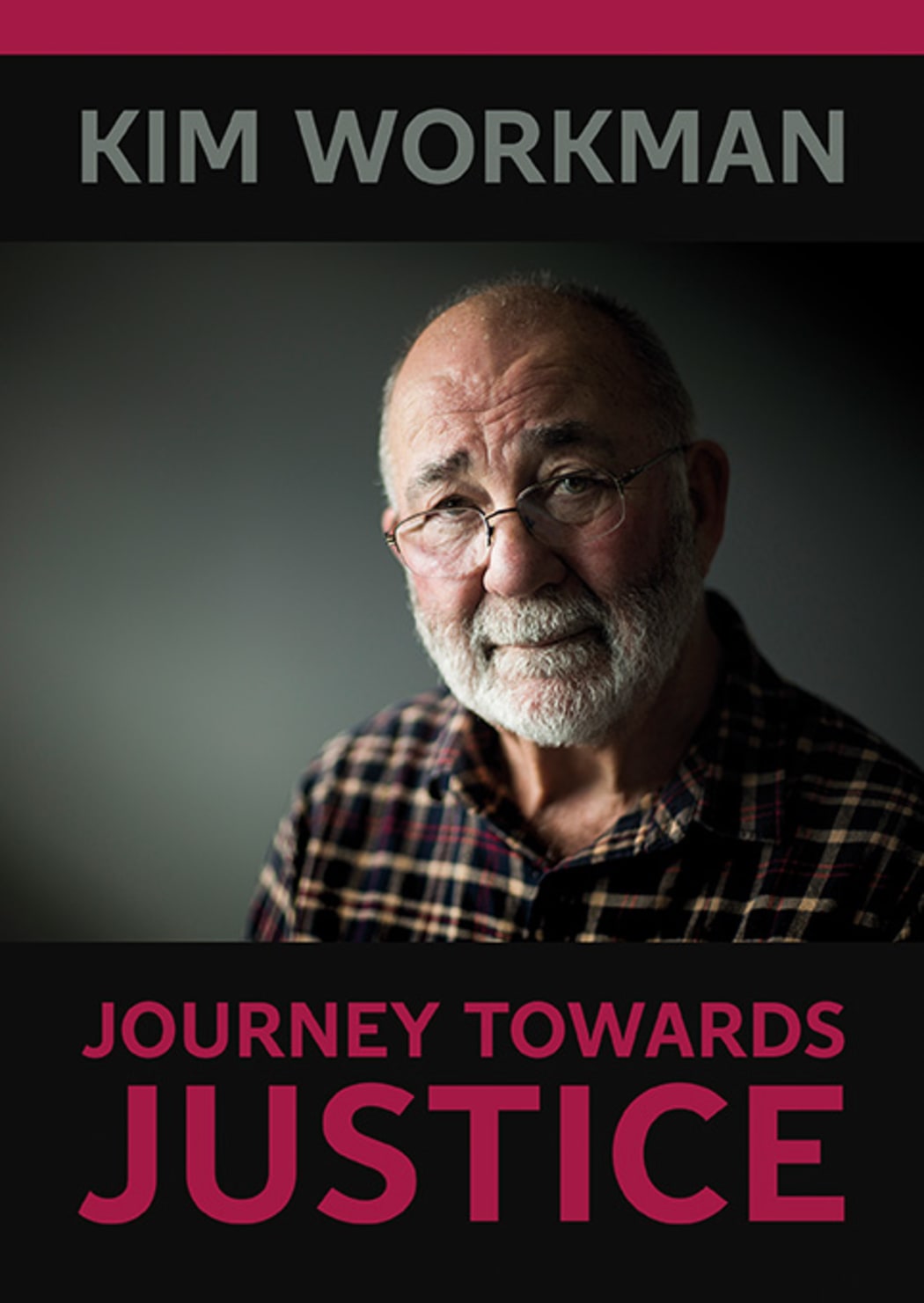
Photo: supplied
Earlier this year, the 78-year-old justice reform advocate – who's been knighted for his services to prisoner welfare and the justice sector – talked with Kathryn Ryan about what he's learned and his hopes for the future.
Kim Workman is the son of a Pākehā mother and Māori father and grew up in the Wairarapa.
He says his Māori grandfather, great-grandfather and great-great-grandfather were his first guides on how to relate to the Pākehā world.
"[Their] model was about having a respectful relationship with the Crown, but being persistent and honest and open about your views – seeing something wrong, attempting to correct it."
Kim began working as a police officer in the 1950s: "I had a reformist zeal at the time. I felt that there were things that needed to be changed."
After a 20-year police career and some time as a public servant, he became Head of Prisons in 1989.
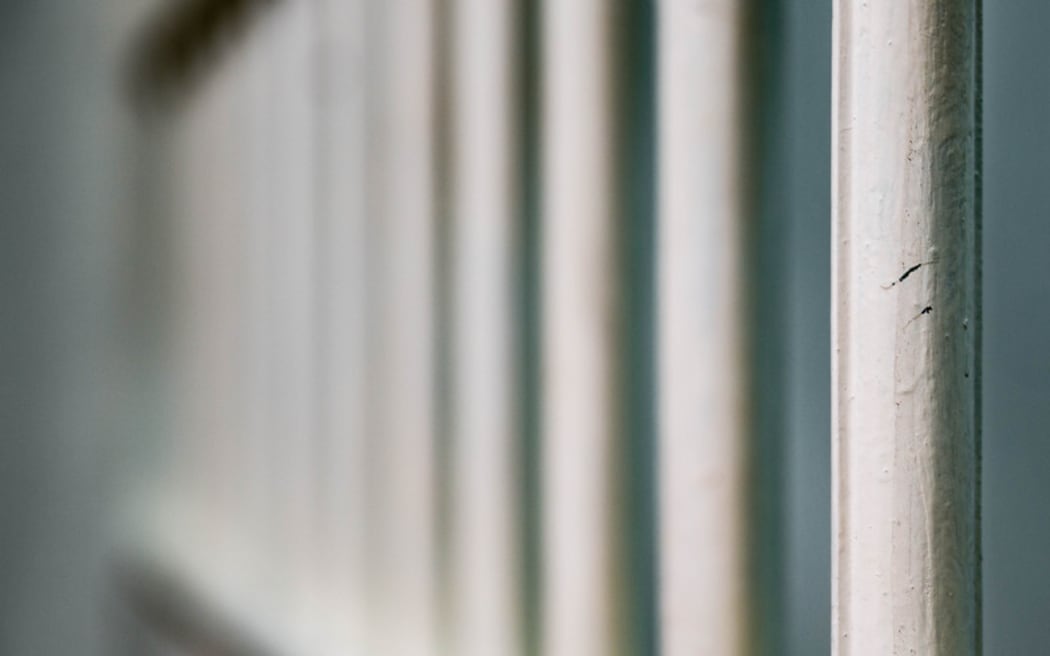
Photo: RNZ / Cole Eastham-Farrelly
The neoliberal agenda that was introduced in the mid-1980s was already having a negative effect, he says, particular on Māori.
"Nothing that we were doing was working, somehow we had to effect change."
Another aspect of the problem goes back further, to the origins of our national character, he says.
While in general, New Zealanders are "tolerant, egalitarian, anti-intellectual to some degree and conformist", a "punitive meanspirited nature" is also part of our national psyche, Kim says.
As far back as the 1930s, New Zealand had a 50 percent higher imprisonment rate than Australia and the UK, and historically we treated conscientious objectors more savagely than other Commonwealth countries, he says.
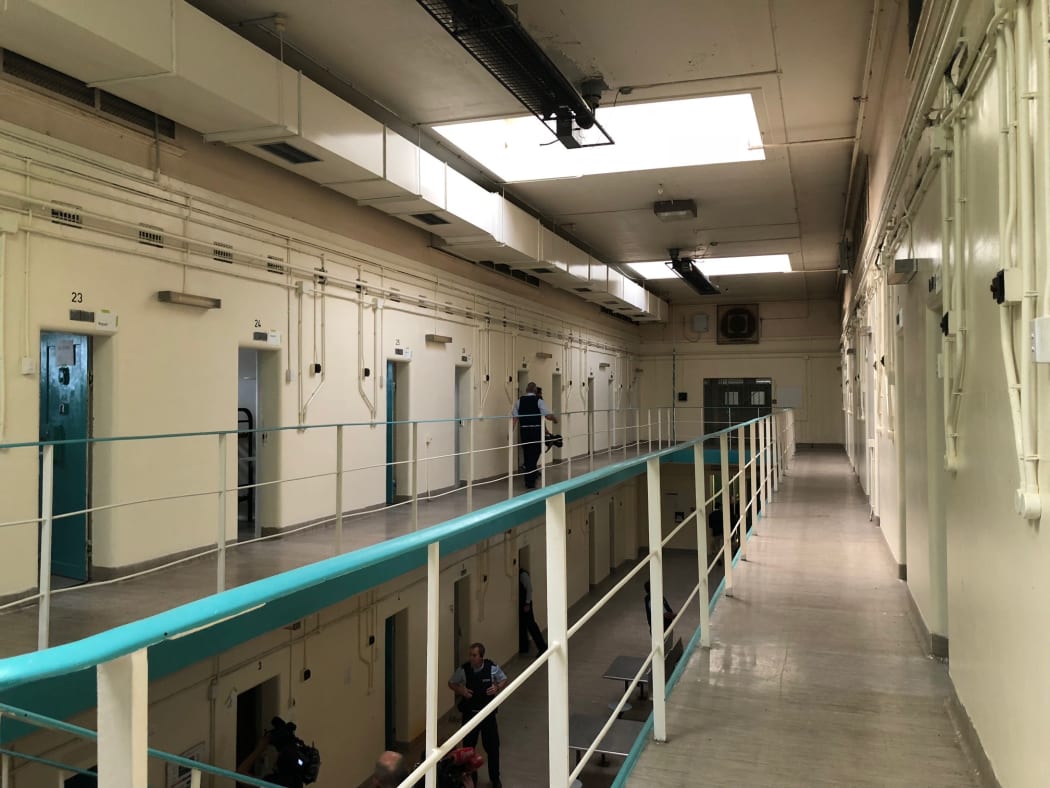
Waikeria prison Photo: RNZ/ Nick Monro
When Māori started moving into New Zealand cities for the first time in the 1950s, the government focused on assimilating them into Pākehā culture.
"We pepper-potted Māori, we refused to allow them to settle in their own communities, they were really labour fodder, they weren't fully welcomed."
"We, as a nation, tried to suffocate their values and customs to the extent that we alienated a whole group of people."
Kim says he watched as this alienation led to increased gang membership in the 1970s.
"Youg men – mostly men – dissociated from their own families and congregated together for reasons of security and protection."
As Head of Prisons, Kim says he was "given a pretty free hand to effect some major reforms" and "had a bloody good crack at changing things".
Although he succeeded in effecting some change to the system, Kim admits he got "a bit big-headed" in the job and didn't listen as much as he should have to senior colleagues.
After an incident of severe prisoner ill-treatment led the suspension of 12 prison officers, he resigned from that job and went to work at the Ministry of Health.
At the time he says he was a "liability" due to clinical depression it would take him three years to get out of.
"I was full of my own importance, I thought I could fight my way through it, I didn't want people to know I was depressed because it doesn't go down well on a CV, but it got the better of me.
"[Although] It was a good time also because I had time to think about all of those previous experiences … and thinking 'I can put this all together and make sense of my life'.
Kim says he realised two important things in that period: he needed to stop being so personally ambitious – "if you're ambitious you don't speak the truth" – and he needed to accept the change he was working for might not come about in his lifetime.
"What I was going to do was going to take at least a lifetime and probably more. It wasn't going to be achieved in my lifetime and that was okay. Other people would gradually pick up the kaupapa and go with it."
Institutionalised racism – including the treatment of Māori offenders – is a big part of New Zealand's criminal justice problem, he says.
"We remand a whole lot of people into custody who shouldn't be in custody. Those offenders congregate together in remand prisons. Anyone who goes into a remand prison will know the first day they get the bash and the second day they'll be asked to join a gang."
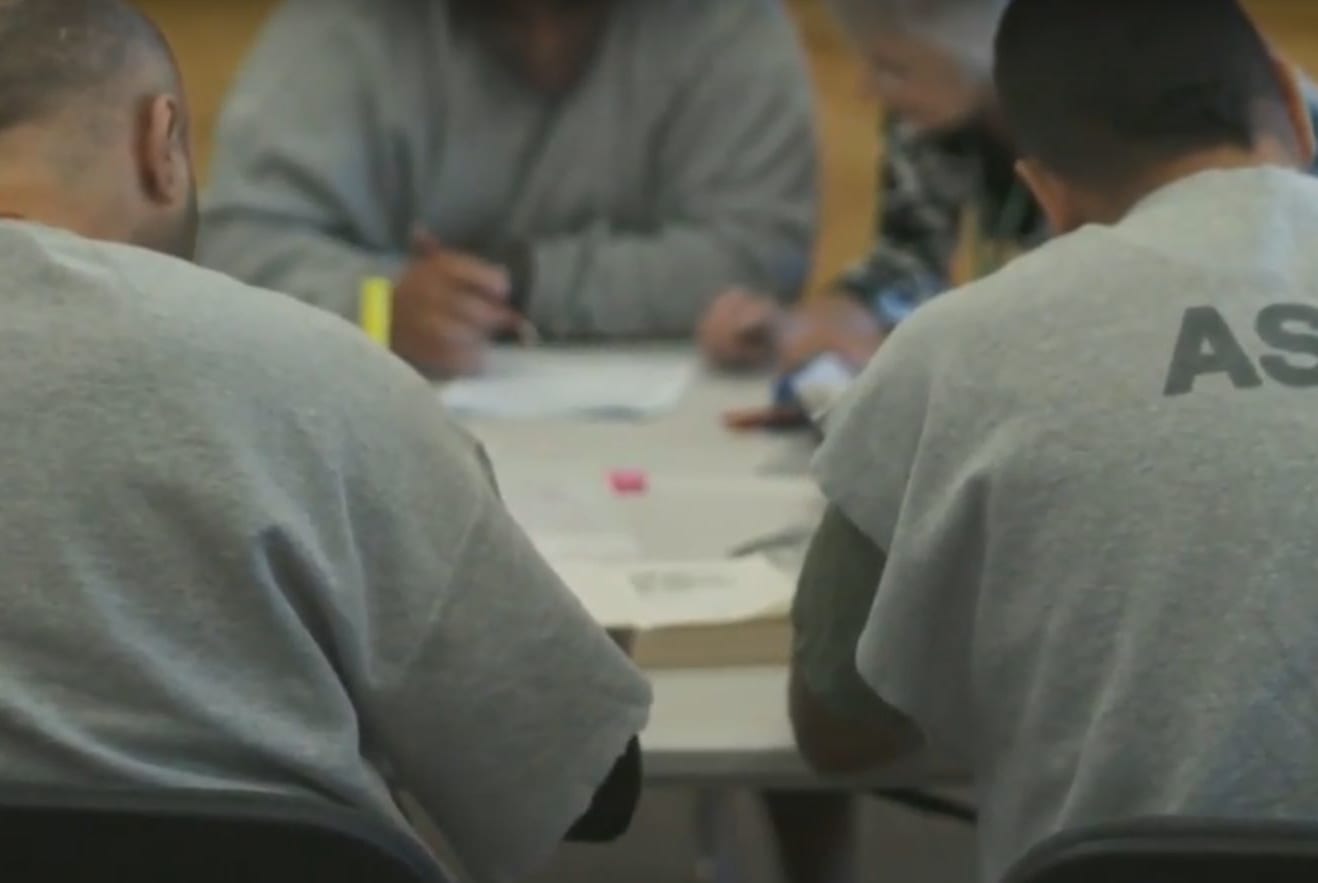
Photo: RNZ/ Nick Monro
Being "fair and Pākehā-looking", Kim says he has often found himself privy to conversations other Māori wouldn't be privy to, which gave him an insight into the non-Māori perception of Māori.
Growing up, he saw so-called 'casual racism' directed at his relatives: "not being served in a shop when you should have been, being made to wait while other people are served".
Kim has two adopted Māori sons, one who is very dark-skinned, he says.
One day recently, he asked his son's group of otherwise-Pākehā mates why his son was sitting in the back seat of a car while one of his friends drove.
The group told Kim that they didn't let his son drive because that led to them getting stopped by police.
"I got angry with that but these guys didn't think it was extraordinary, it was their life."
The time is now for deeper conversations about the kind of criminal justice system New Zealand actually wants, Kim says.
"We talk about New Zealand values and beliefs – what are they?
"What I think is going to have to happen is a collective understanding nationally that we've created this situation, now we have to work like hell to get ourselves out of it. And that will mean a political shift away from the populism – 'lock em up, three strikes thinking'.
"We tend to shut out people who have mental health issues or who have been offenders. They have learned experience as a result and they can come back and actually help a lot of people to walk that journey."
Related: The fight isn't over yet for Sir Kim
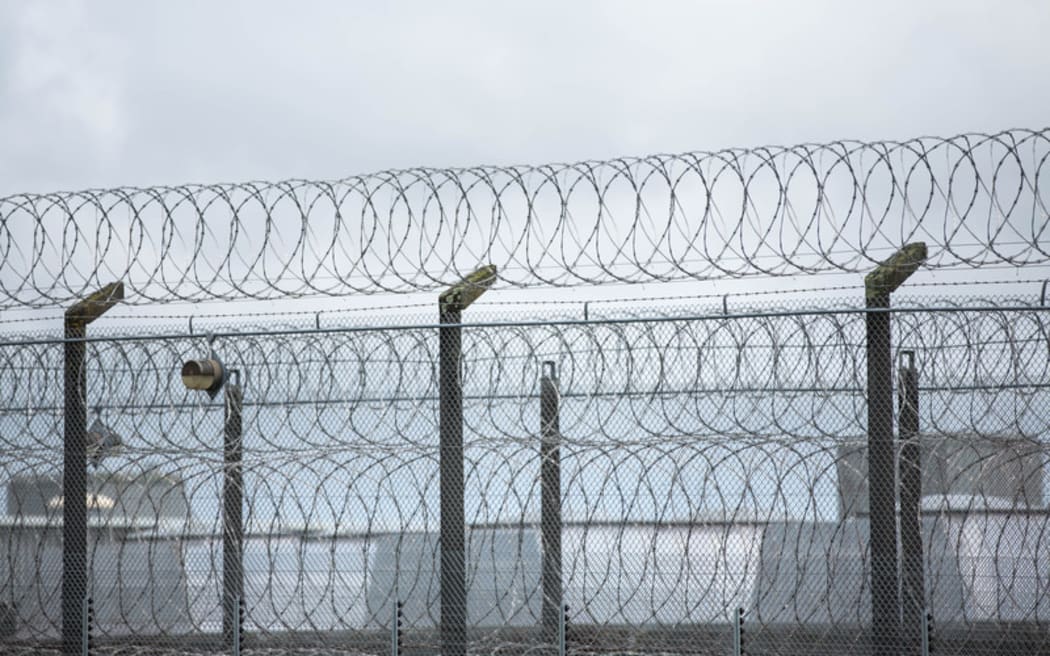
Photo: RNZ / Cole Eastham-Farrelly

